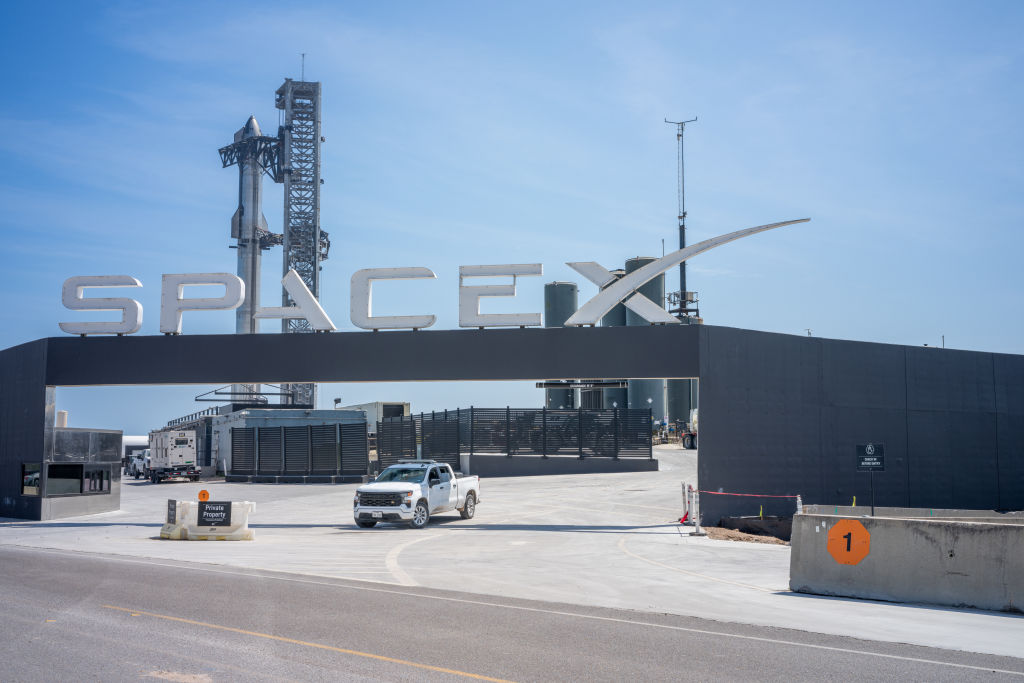SpaceX, the spaceflight technology company founded by Elon Musk, has landed in hot water for environmental violations in South Texas.
What's happening?
According to the Houston Chronicle, the Environmental Protection Agency issued a $148,378 fine to the company for polluting wetlands in 2022 and for releasing wastewater into the wetlands more recently without proper permitting.
SpaceX's launchpad is located next to protected navigable waters that have a surface connection to the Rio Grande, and the company discharged gallons of deluge water into the area without a permit, according to the EPA. It was also responsible for a liquid oxygen spill in 2022.
SpaceX is no stranger to fines, with the Texas Commission on Environmental Quality issuing a $4,000 penalty to the company for discharges from its water deluge system. While those fees have been settled, the company is not happy with the ruling.
"Paying fines is extremely disappointing when we fundamentally disagree with the allegations," it said in a statement.
Violations continued after the 2022 spill. As the Chronicle detailed, the EPA has reported that on seven occasions between July 2023 and June 2024, around 261,700 gallons of deluge water made its way to surrounding wetlands.
Why are these violations concerning?
Speaking to CNBC, environmental engineer Eric Roesch said heat, silt, and chemicals in the wastewater will lead to a degradation of the biological integrity of the wetlands and significantly reduce water quality.
With SpaceX continuing to release polluted water into wetlands even in the face of EPA fines, the environmental damage could be stark, including a potential loss of biodiversity — with impacts perhaps not being fully realized until a few years down the line.
What can be done about SpaceX's actions?
Holding the company to account is important. SpaceX maintains that its wastewater release shouldn't require a permit because it has "little to nothing in common" with the kind of discharges that would require this type of permission, as the Chronicle observed.
While SpaceX's intentions are surely not nefarious, in that it likely did not set out to cause this pollution, it appears the company is attempting to greenwash its activities, denying the fact that its practices could result in environmental damage despite evidence to the contrary.
While fines seem to have done nothing to deter the company's activities, sanctions such as this in concert with public pressure are often the best way to effect change — in other words, if a company does not see it as good business to better contain and reduce its pollution, it does not have enough incentive to do so.
Writing to your local representative can help to keep a company in check, too. In this case, that might lead to further penalties for SpaceX or a requirement to repair or make up for the harm it has already done, or at least further public pressure.
Join our free newsletter for good news and useful tips, and don't miss this cool list of easy ways to help yourself while helping the planet.









